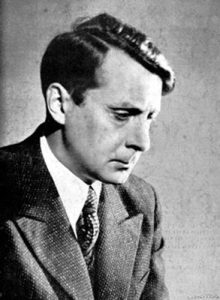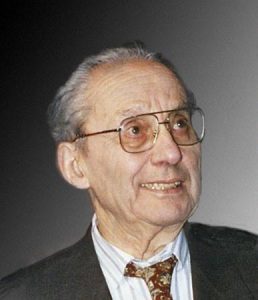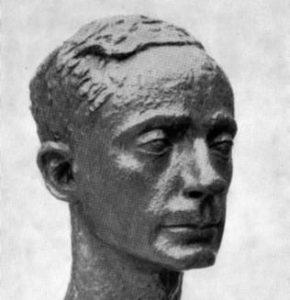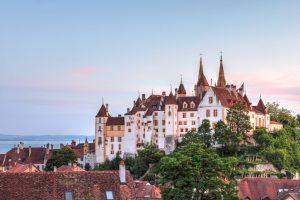Charles Munch was born in Strasbourg ; his father, Ernest Munch, was a pastor and organ teacher in the town “Conservatoire” (school of music). He himself taught his son to play the violin initially, but later, Charles continued at a more advanced level with Cari Flesch in Berlin and Lucien Capet in the Paris Conservatoire.
During the First World War, he was called up to serve in the German army, was a victim of poison gas in Péronne and wounded in Verdun.
In 1920, he became a violin teacher in Strasbourg Conservatoire, whose head at that time was Guy Ropartz. From 1926 to 1933, he was associate conductor for the Leipzig Gewandhaus Orchestra, whose directors were Wilhelm Furtwengler and Bruno Walter.
He married Geneviève Maury, (who was the grand-daughter of the founder of the Nestlé company) and in 1933, he began his career in Paris by conducting the Orchèstre Lamoureux, the Nouvel Orchestre de Paris and the Société Philharmonique de Paris. He became friends with several composers whose works he directed : Arthur Honegger, Albert Roussel, Francis Poulenc, Florent Schmidt.
From 1937 to 1945 he conducted the Orchestre du Conservatoire de Paris, refusing to perform the works of any German composers. He gave protection to many musicians and received the Légion d’Honneur in 1945.
In 1946, Charles Munch began his career in the States ; he was the main conductor of the Boston Symphony Orchestra for a period of 13 years. Under his guidance, the orchestra played the works of Debussy, Ravel and also Berlioz, whom he greatly admired.
In 1963, Charles Munch returned to France and was appointed head of the École Normale de Musique. In 1967, André Malraux asked him to conduct the Orchestre de Paris, which became the first orchestra to have full-time musicians. He was touring with them in the States when he suddenly died of a heart-attack.






